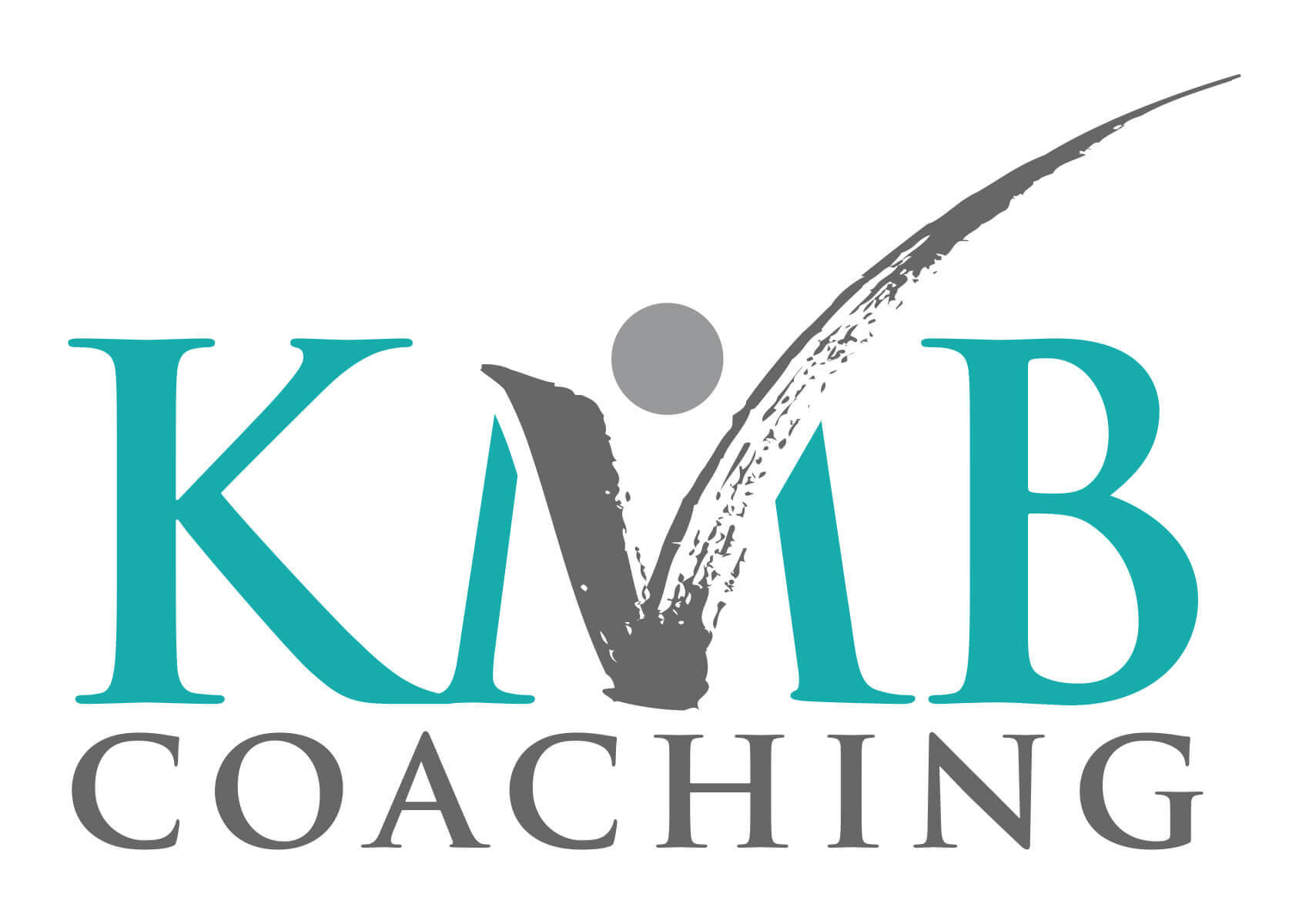Tell me if this sounds familiar:
You were a great student back in the day and have taken on a measure of success right through into adulthood.
Other parents commented on you to your parents, or to their own children, wanting them to be more like you or telling your parents how ‘perfect’ you were. Seeing you could handle a lot of responsibility, you were given more of it. Teachers trusted you in the class room, and parents would have felt more confident sending their child somewhere if you were going too. Your success became predictable.
Do you resonate?
At face value, all of this sounds wonderful, but scratch the surface, and it becomes clear that this type of history creates a role that may not be bringing you any real benefits into adulthood. Rather, it might be causing a whole lot of issues for you, just like the people pleaser and the rescuer (see below for links to read about these). This role is the hero.
Like all roles, they relate to Inner Child work. If you’d like to learn more about this you can read more here.
It’s the version of you who feels accepted, loved and has a sense of belonging. It’s a role that helps to cover the shame if you didn’t feel feel ‘enough’ either because you were told as much, or it was implied.
In terms of this specific role, the Hero is over functioning. If you relate to being the Hero, you will get recognition for what you do, not who you are. Or it might even be that you perceive that you will get recognition for what you do, based on what happened to you as a child. But it’s an exhausting road.
You may have learned that success; achievement and recognition is based on how much you do. You will be highly organised and probably have a perfectionist streak. Your business is probably kicking goals, but you’re putting so much into it that you’re at risk of burning out.
You are likely to be exhausted, anxious, stressed out, and put enormous pressure on yourself.
You will need everything to be perfect. To avoid making mistakes; stuffing up; asking for help or appearing needy. You are likely to be a self-confessed control freak, and potentially judgemental of people who you don’t believe have got it all together.
You would have been likely to be strongly encouraged to keep doing exactly what you were doing. If not more. This positively rewarded achievement and provided attention, conditional love and acceptance.
Let’s remember what’s important to a young child: to feel like they belong and feel loved. If just being themselves didn’t cut it, they will subconsciously take on the role to receive that feeling of belonging and feeling loved.
What child is going to stop behaving in a way that is meeting their basic needs?
You would have been encouraged to get on with it without any drama. To not need help; soldier on; and not even dream of coming home with a bad report. You needed to work hard; achieve; succeed; strive; do. There was no opportunity to decompress. You would have shut down some emotions (eg anger and sadness).
10 Traits of Over functioning:
(Ultimate You, Quest Edition – Sharon Pearson):
- Rigid in your own life. Rigid boundaries.
- Perfectionism. Controlling
- Organised, or like to be perceived as ‘together’
- Fearful of mistakes and of being judged
- Not in touch with own needs and emotions
- Stressed around spontaneity or emotions
- Comfortable around activities
- Avoids intimacy
- Lacks warmth, or ‘acts’ friendly
- Vulnerability is a weakness, and a flaw
As with any role, it’s never about me telling you that you need to let go of the role, or do life any differently.
Here are a couple of questions you can ask yourself:
Is this working for me?
- Within my relationship, if I can’t receive intimacy?
- If I am showing my children that they have to constantly strive to achieve more, am I being the role model I want to be?
- In my work, if I can’t outsource, take a break or know when to stop?
Am I getting the results in my life that I want (in a range of areas, not just work)?
- Is this way of behaving what I want to model to my children?
- If yes, keep it going! If not, it’s important that you know that you can totally change it. You are not your role.
You have just become disconnected from who you really are – who you started out life as. And you can reconnect with the real you. You don’t need to become anyone else or find a ‘new you’.
Until you decide that you would like to change, the role will stay in place. Most people have no idea that roles even exist, let alone that they can stop playing a role and disrupt the pattern of behaviour that is going from one generation to the next.
But if you now know this, and you know you’d like to change this so you can stop playing the Hero and start being YOU, then I’m here to help.
Mindset coaching focused on Inner Child work is the way forwards with this:
We connect with the hero; realise all the ways the role has been helping you; and how it has hindered you too.
There might be other aspects that you want to keep: maybe your solid work ethic or determination. For example, the hero will have helped you to achieve a lot of success.
- But who ARE you when you’re not busy doing?
- Who are you when you’re not in control / organising / achieving?
- What are you capable of when you no longer need to be the Hero?
We want to connect you with who that version of you is. The one that can come up for air, and be able to let go of some of that tendency for control. The one who can ask for help and allow themselves to make mistakes and find some freedom.
If I can help with that, feel free to get in touch for a free 30 mins Clarity Call . It’s an opportunity to gain clarity; identify how mindset and inner child coaching can help and is completely obligation-free. As I always say, the least you will get is more clarity! #Winning.
And if not, it’s all good my friend! You need to feel ready (or as ready as you’re ever going to be)
To read about other Inner Child Roles, check these out: the people pleaser, the rescuer (and within that the victim), and the good girl.
Kylie x
Tags: Authenticity Inner child













